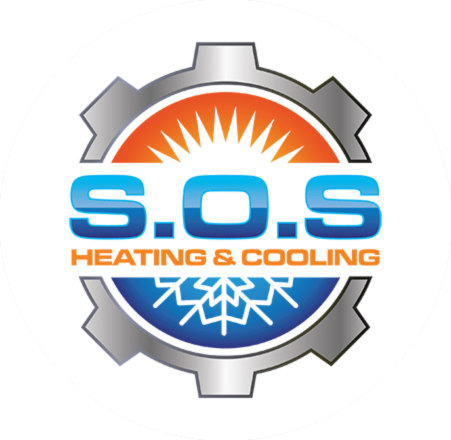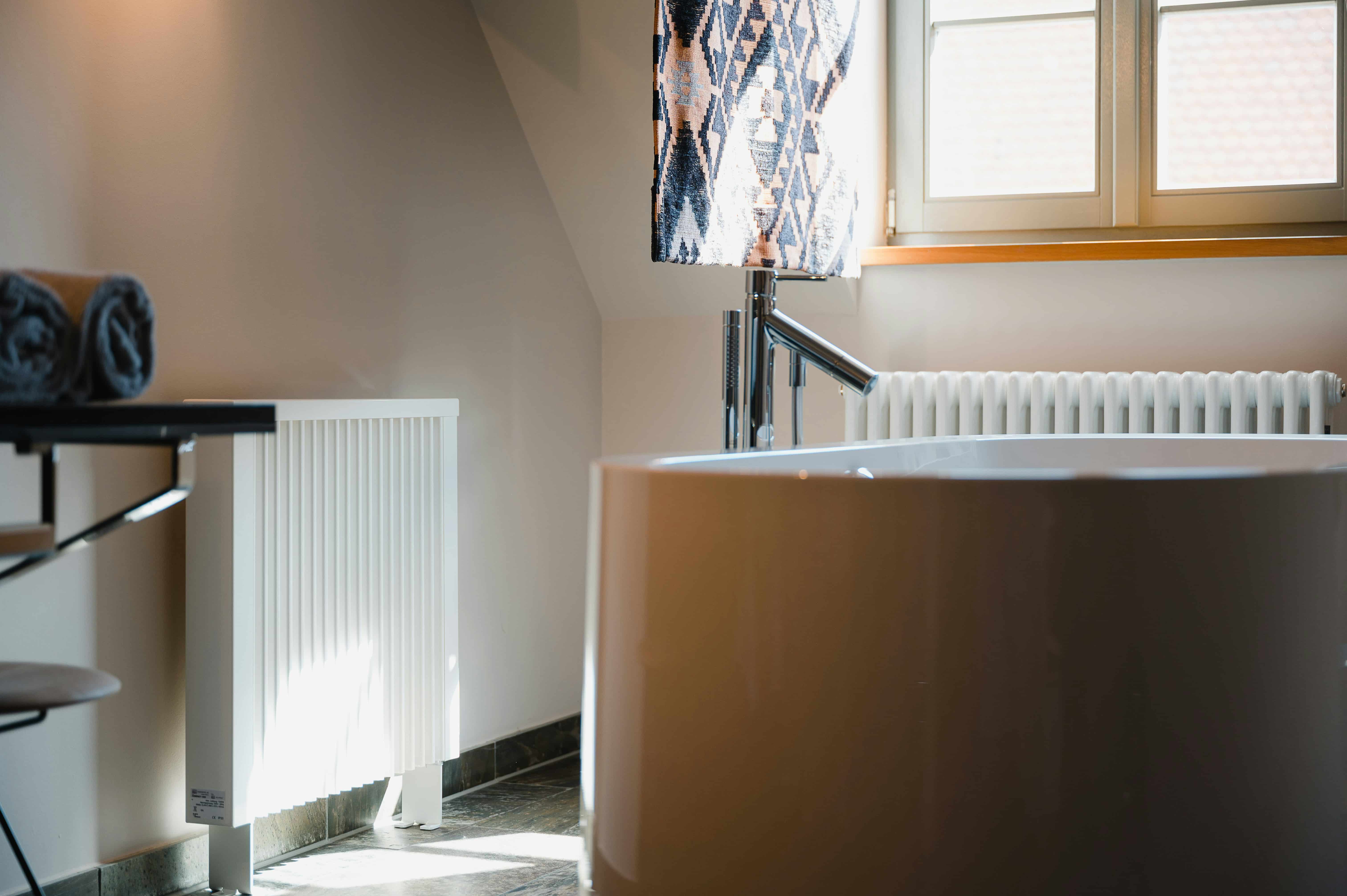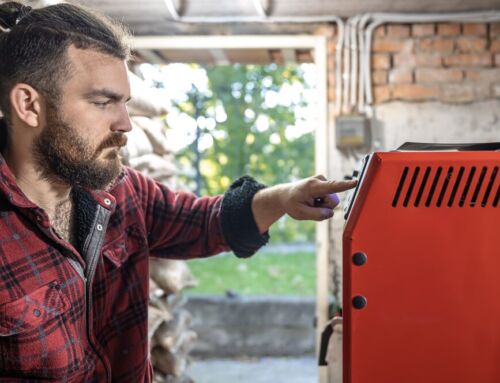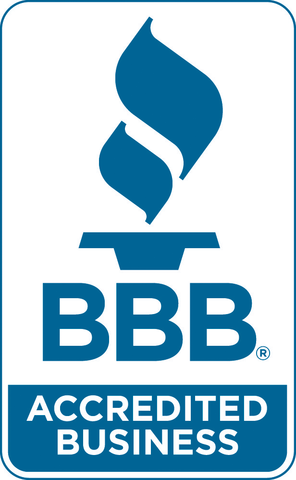When it comes to maintaining a comfortable and energy-efficient home, selecting the right furnace is a crucial decision. As a homeowner, you might find it challenging to navigate the myriad options available in the market, each with varying features, sizes, and efficiencies. It’s essential to choose a furnace that not only suits your home’s specific needs but also provides the ideal blend of comfort, energy efficiency, and cost-effectiveness.
Selecting the right furnace involves careful consideration of your home’s unique characteristics, local climate, energy costs, and personal preferences. Our skilled technicians will work closely with you, evaluating your home’s needs and providing tailored recommendations, ensuring that your new furnace matches your requirements and delivers optimal performance. Remember, investing in a high-quality, energy-efficient furnace is not only a decision that affects your comfort.
As Salt Lake City’s premier heating and cooling company, S.O.S. Heating & Cooling understands the complexities that come with furnace selection and aims to provide you with expert guidance on choosing the perfect furnace for your home. Stay tuned as we outline critical factors and tips to consider when selecting a new furnace, ensuring that your investment serves your needs optimally for the long term.
We will discuss aspects such as the size of the furnace, its energy efficiency, fuel type, and additional features that can enhance your home’s comfort and indoor air quality. With the right furnace in place, you can enjoy a consistent and cozy environment while maximizing cost savings and contributing to a greener planet.
1. Determining the Right Size Furnace for Your Home
One of the most critical factors to consider when selecting a furnace is the unit’s size, which directly impacts its efficiency and ability to maintain consistent temperatures throughout your home. A furnace that is too small may struggle to keep your living spaces warm, while an oversized unit might frequently cycle on and off, leading to unnecessary energy consumption and wear on the system’s components.
To determine the appropriate furnace size, our technicians will assess your home’s insulation, layout, square footage, and other factors. They will also consider the local climate, which impacts your heating requirements. With a properly sized furnace, you can enjoy consistent comfort while minimizing energy waste and saving on utility bills.
2. Evaluating the Energy Efficiency of a Furnace
Furnaces come with various energy efficiency ratings, which can significantly impact your energy costs and environmental footprint. One way to measure a furnace’s energy efficiency is by comparing its Annual Fuel Utilization Efficiency (AFUE). The AFUE represents the percentage of fuel converted into usable heat. A higher AFUE rating indicates greater energy efficiency, often translating into lower energy bills in the long run.
While higher-efficiency furnaces may come with an increased upfront cost, the long-term savings on energy consumption can outweigh the initial expense. Our professionals will help you weigh the pros and cons of various furnace efficiencies, taking into account factors such as installation, maintenance, and replacement costs, to help you make a well-informed decision.
3. Considering the Fuel Type for Your Furnace
Another key factor to consider when choosing the right furnace is the fuel source. The three primary fuel types for furnaces are natural gas, oil, and electricity. Each fuel type has its unique benefits and drawbacks, and selecting the right choice depends on factors such as availability, cost, and environmental impact preferences.
Natural gas furnaces are the most common choice among homeowners, as they are generally more energy-efficient and environmentally friendly than oil furnaces. On the other hand, oil furnaces provide higher heat output and can be an economical choice in areas where oil is more accessible. Electric furnaces are the most environmentally friendly option, but they can be less energy-efficient and more expensive to operate, especially in regions with high electricity costs.
Our technicians will help you evaluate the availability and cost of each fuel source in your area and recommend the most suitable option based on your specific needs and preferences.
4. Exploring Additional Furnace Features and Considerations
Modern furnaces come with an array of additional features that can improve your home’s comfort and energy efficiency. Some of these features include variable-speed blowers, which can adjust the fan speed according to your home’s heating requirements; two-stage heating, which provides consistent temperature control by operating at high and low output levels; and smart thermostats that enable remote control and customization of your heating system.
Noise levels are another important consideration when selecting a furnace. Certain models feature quieter operation, which can be especially desirable if the furnace is situated near living spaces. Our professionals will guide you through these additional features, helping you select a furnace that meets your desired noise levels, energy efficiency, and comfort-enhancing capabilities.
Making an Informed Furnace Decision
Choosing the right furnace for your home is a critical decision that directly affects your comfort, energy costs, and environmental footprint. Taking into account factors such as the size of your furnace, its energy efficiency, fuel type, and additional features will help you make an informed choice that matches your requirements and preferences.
As your trusted heating and cooling experts, S.O.S. Heating & Cooling is here to support you throughout the furnace selection process, offering expert guidance, personalized solutions, and top-quality furnace installation in Layton. Don’t hesitate to reach out to our experienced technicians to ensure a smooth and successful transition to your new furnace. Contact us today to schedule your furnace consultation and take the first step towards a comfortable, energy-efficient home.
















